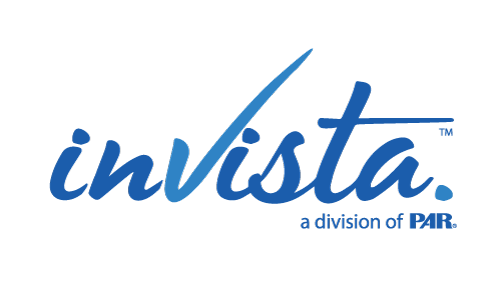Take a targeted look at your employees’ working relationships
Strong employee relations are a vital part of the work experience. In a client engagement survey, InVista[1] found that, on average, employees who endorsed higher levels of coworker relations performed slightly better than those with low levels of coworker relations. To promote coworker relations, encourage your employees to take the time for quick check-ins with their peers, including some that are not work-focused. Managers should do the same with each member of their team. Ask employees how things are going. When coworkers are comfortable around each other, they will feel more confident sharing opinions, brainstorming, and being open to new ideas.
As many organizations have adapted to remote work, it’s important to find creative ways to promote social connections among your staff. Team-building activities are extremely important for good morale whether employees work from home or in the office. Create opportunities for “water cooler chat” and allow employees to share funny GIFs, videos of their new workspaces, or pictures of their pets. Creating a channel to celebrate company and employee wins is another great way to encourage and connect your staff. The internet offers hundreds of ideas for virtual team-building activities.
Related article: How to truly support employee well-being
What can I do if I don’t have great work relationships?
If you’re in an environment where you work closely with others or depend on others to accomplish your work, it’s important to maintain strong relationships. Even if your role is performed entirely independently, you will still benefit from cooperation with others in terms of sharing information and planning for the unexpected.
- Be present and available even in short interactions with coworkers. This can help encourage meaningful connections in the workplace. Being engaged and friendly while working on collaborative assignments can help prevent you from being viewed as difficult or aloof.
- Recognize that different backgrounds, attitudes, and approaches can add value to solving problems. Focus on developing positive relationships with individuals on your team. Engage with others when you are unsure how to approach a situation, and always listen with genuine interest.
- Establish a common goal with the members of your team. Keep an open mind when listening to the ideas and perspectives of others, and resist being biased toward your own ideas and methods. Appreciate the differences in ideas and opinions that exist between you and your team members, and use these differences to reach the goal more effectively.
Many different factors affect professional wellbeing—including whether work is meaningful, work–life balance and workload, and job security—but by focusing on coworker relationships with the intent to strengthen them, employees will have a much greater chance at improving their wellbeing.
For a FREE, complete guide to what organizations and individuals can do to improve employee wellbeing,
[1] InVista. (2019). [Unpublished raw data on retention for Client 2].


Recent Comments